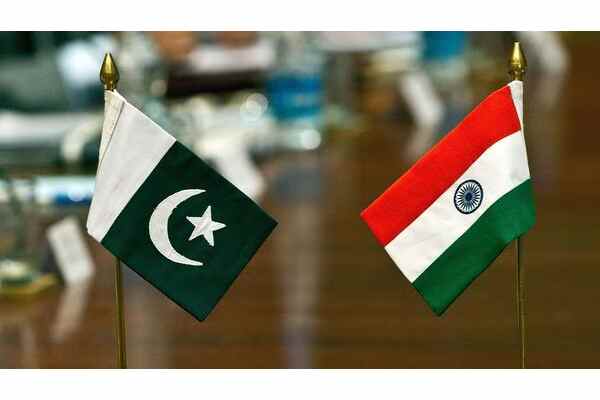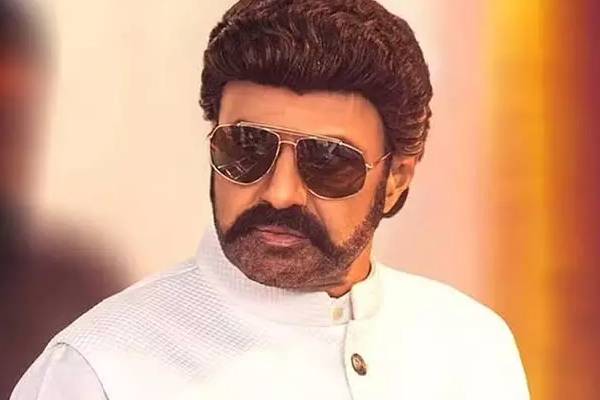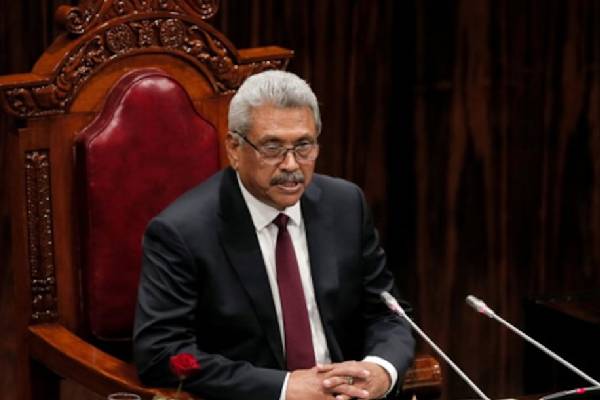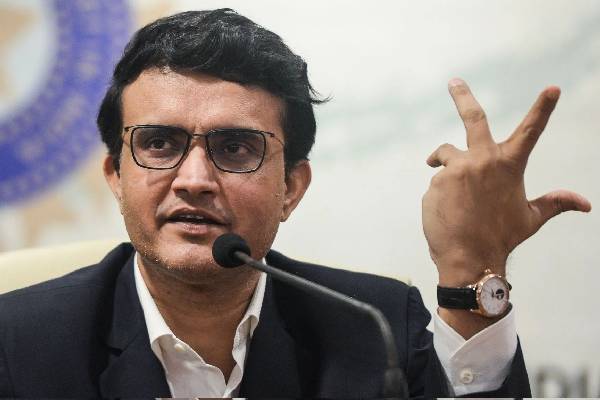After a months-long massive public agitation, Sri Lanka President Gotabaya Rajapaska on Saturday informed the Speaker that he would resign from the Presidency on July 13.
Speaker Mahinda Yapa Abeywardene announced that President Rajapaksa had informed him about his decision to resign.
People set off fire-crackers as soon as the news broke.
Following a massive public march to Colombo on Saturday morning and forcible occupation of the President’s House, Prime Minister Ranil Wickremesinghe asked the Speaker to summon the leaders of all political parties and decide on the way to resolve the crisis.
A majority of party leaders had decided to remove the President and the Prime Minister and appoint a temporary President and all-party government for a specific period until
a fresh election is held to form a government.
President Rajapaksa, who had not appeared publicly since Friday night, had announced he would agree any decision taken by the party leaders.
Following the all-party meeting, the Speaker had sent a letter to the President
and the Prime Minister, urging them to step down for a peaceful transfer of power.
Starting from March 31, when President Rajapaksa’s private residence outside Colombo was surround by protesters who demand he step down amidst the growing financial crisis, protests continued throughout the island with one slogan “Gota go home”.
On April 2, the protesters surrounded the President’s office at Galle Face Green and blocked its entrance as they continued to demand that he step down.
With no fuel, the country was virtually locked down for two weeks from June 27 but people planned to come to Colombo to demand that the President step down.


































